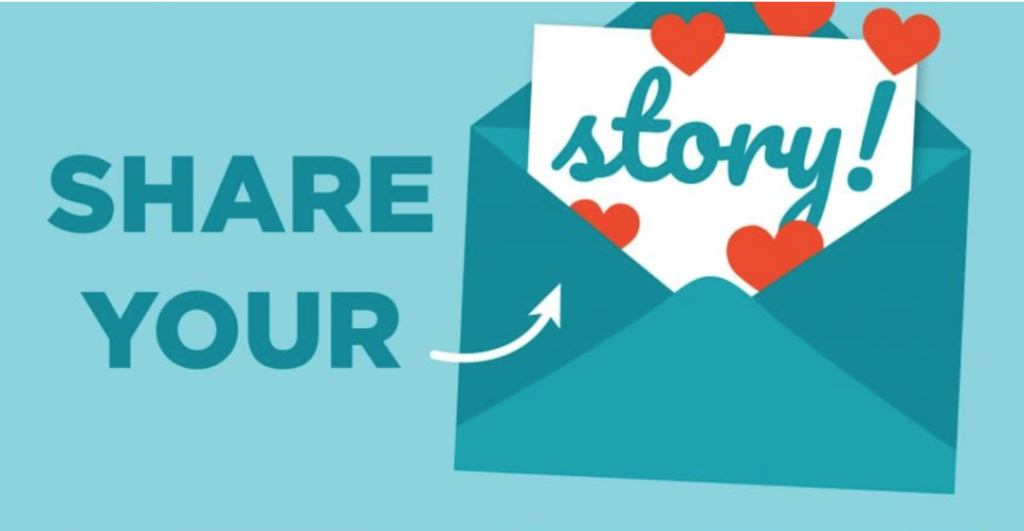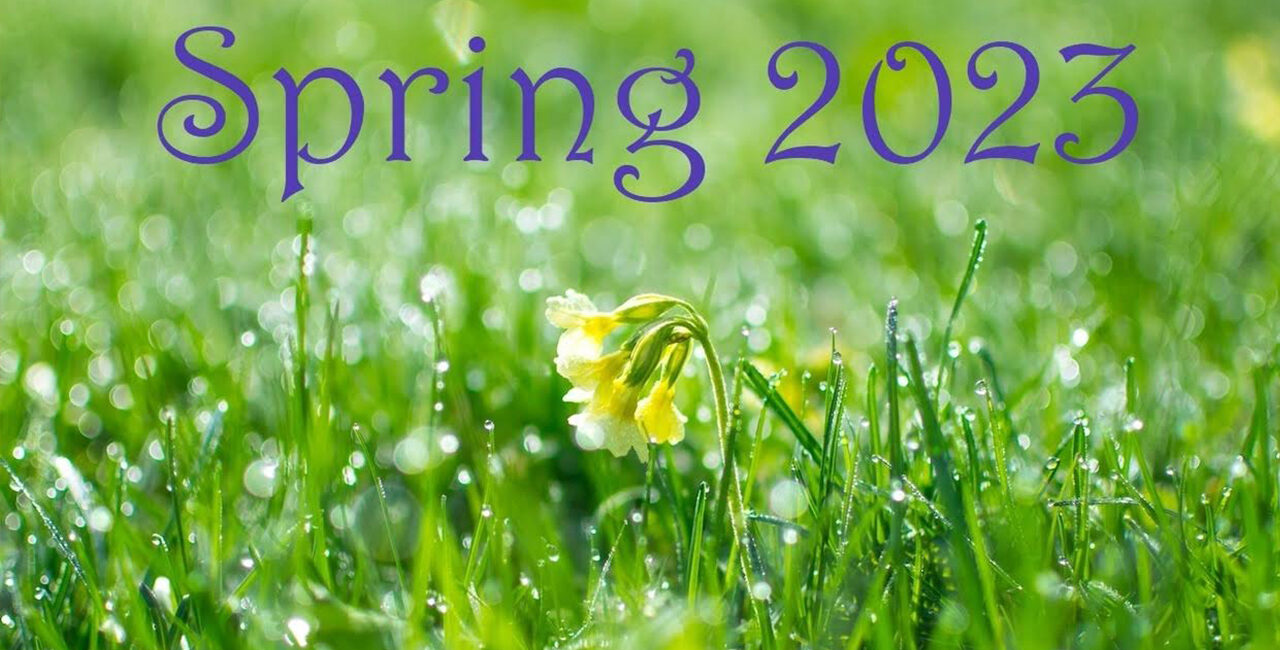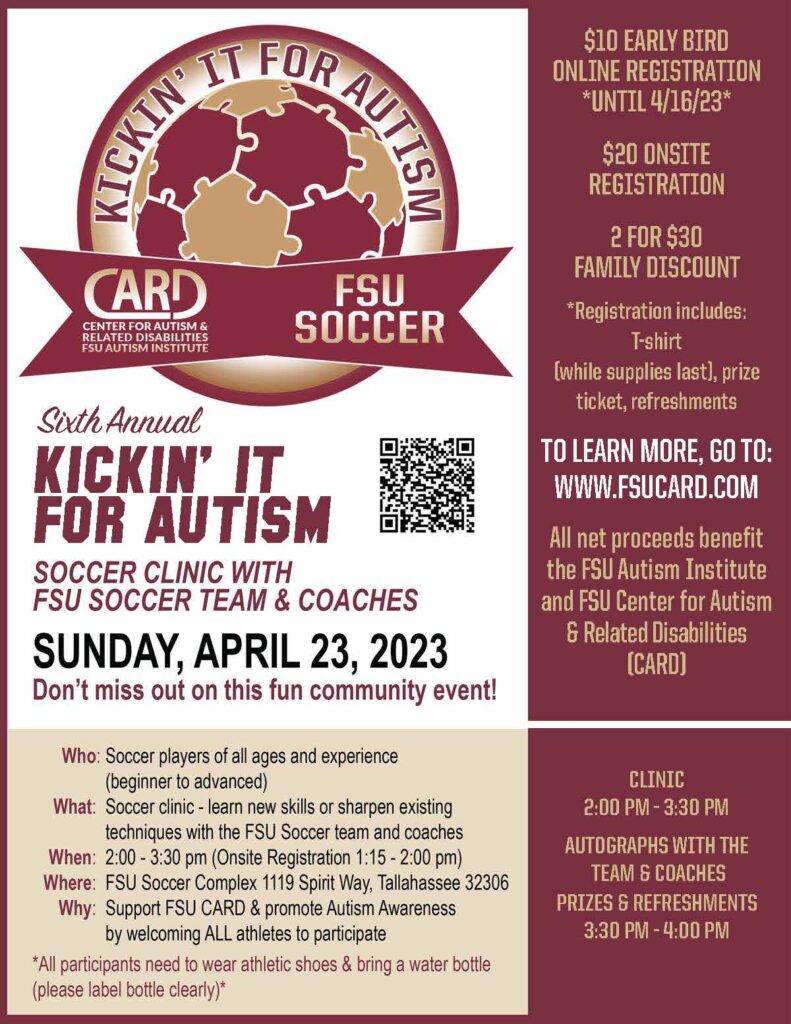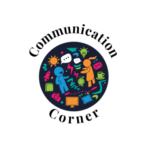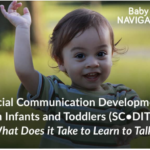|
Features
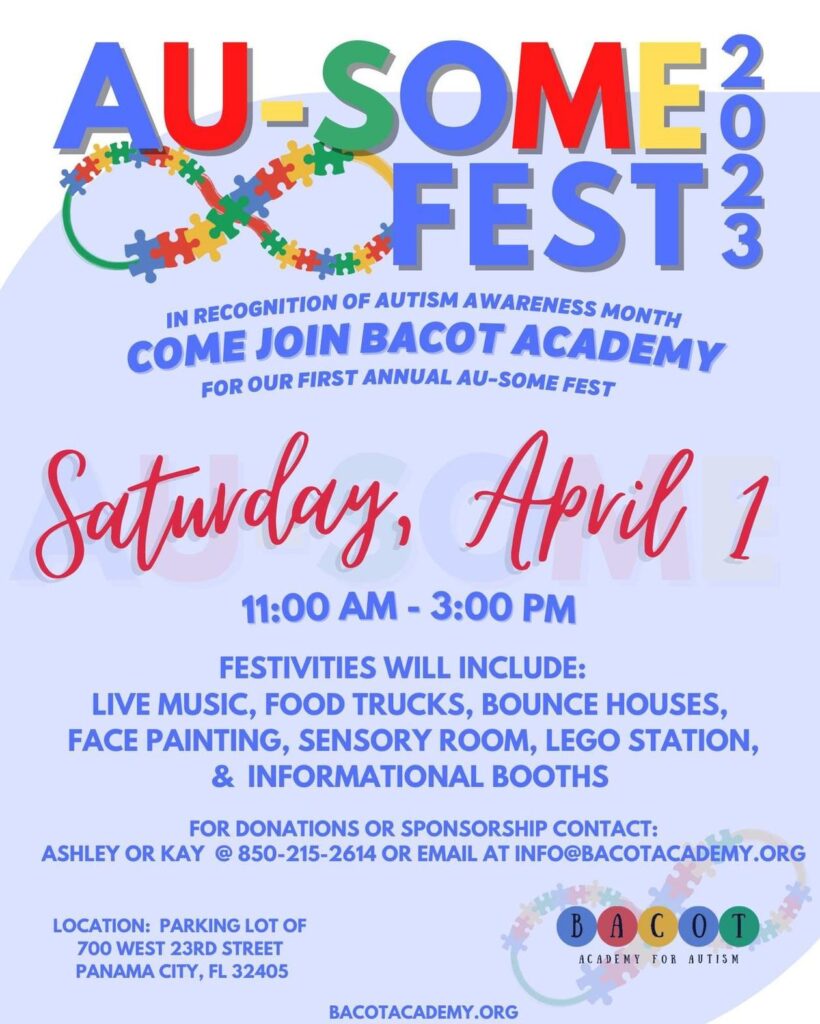
April: Autism Acceptance Month
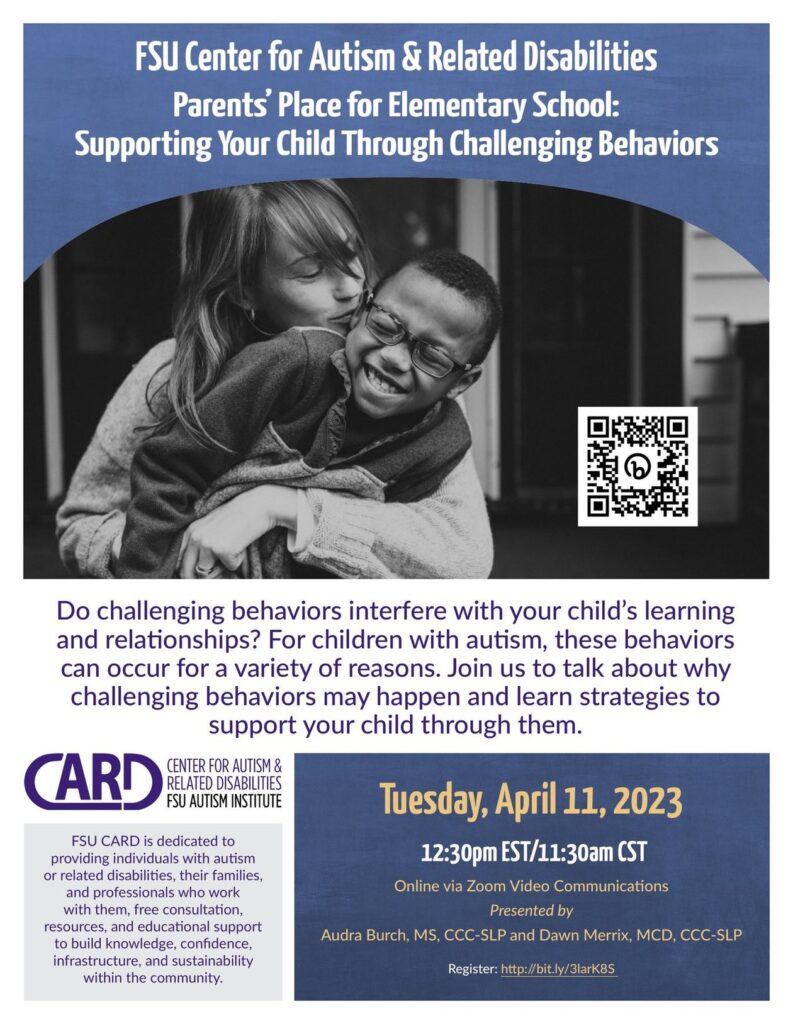
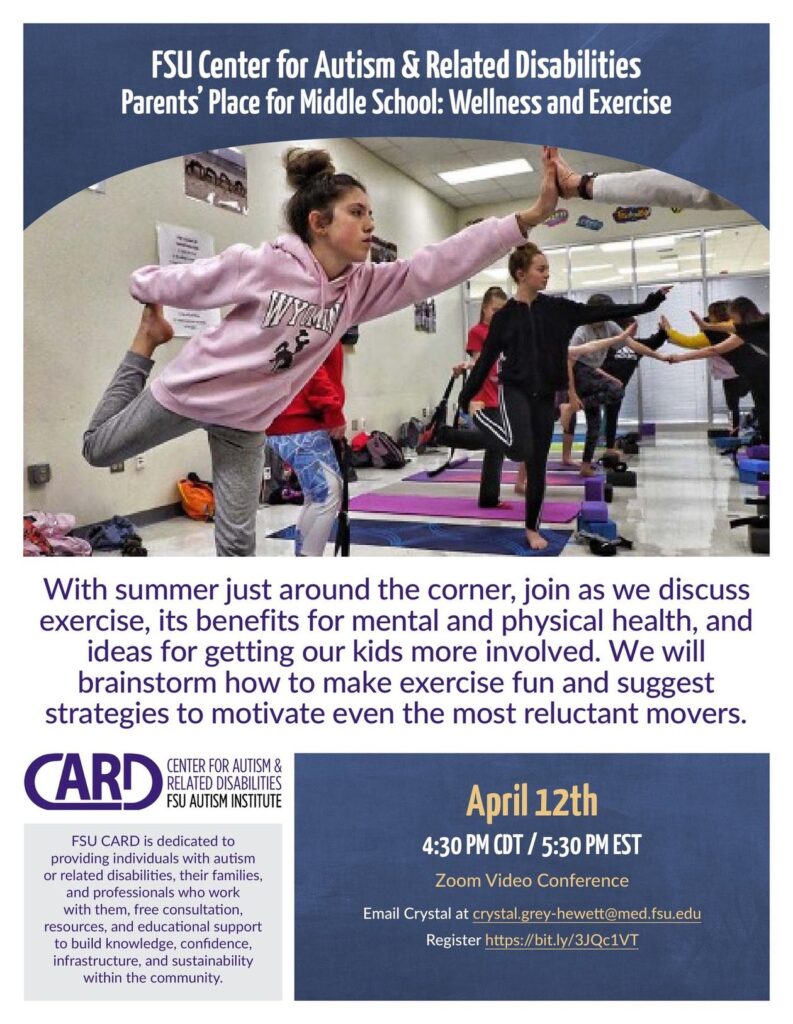
Parents’ Place for Middle School
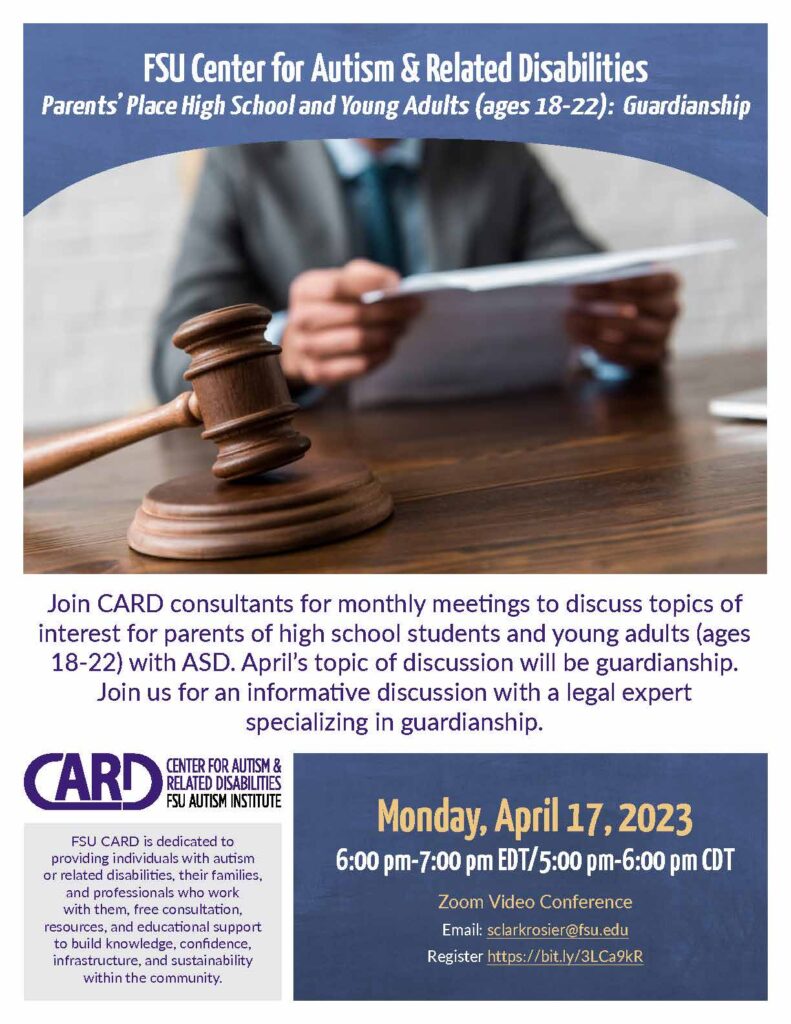
Parents’ Place for High School and Young Adults
Join CARD Consultants for monthly meeting to discuss topics of interest for parents of high school students and young adults with ASD. April’s topic of discussion will be guardianship. Join us for an informative discussion with a legal expert specializing in guardianship.

Artists and Autism: A Kaleidoscope of Neurodiversity Exhibit Opening
You can also join in on the fun on April 7th from 6:00 PM-9:00 PM for the First Friday Kickoff in Railroad Square, (Tallahassee) where you will able to see artwork displayed at Able Artists Art Gallery and Obsessions Gift Shop. The pieces displayed at both galleries will be there until April 30.
If you are unable to view any of the artwork in person, you can log onto the Leon County Library’s main website at https://cms.leoncountyfl.gov/Library to find a digital slideshow of each unique piece!
Seatbelt Covers Available

Thanks to our partnership with Leon County Sheriff’s Office, we have seat belt covers for individuals with autism.
Requests from Leon county residents with autism will be given priority.

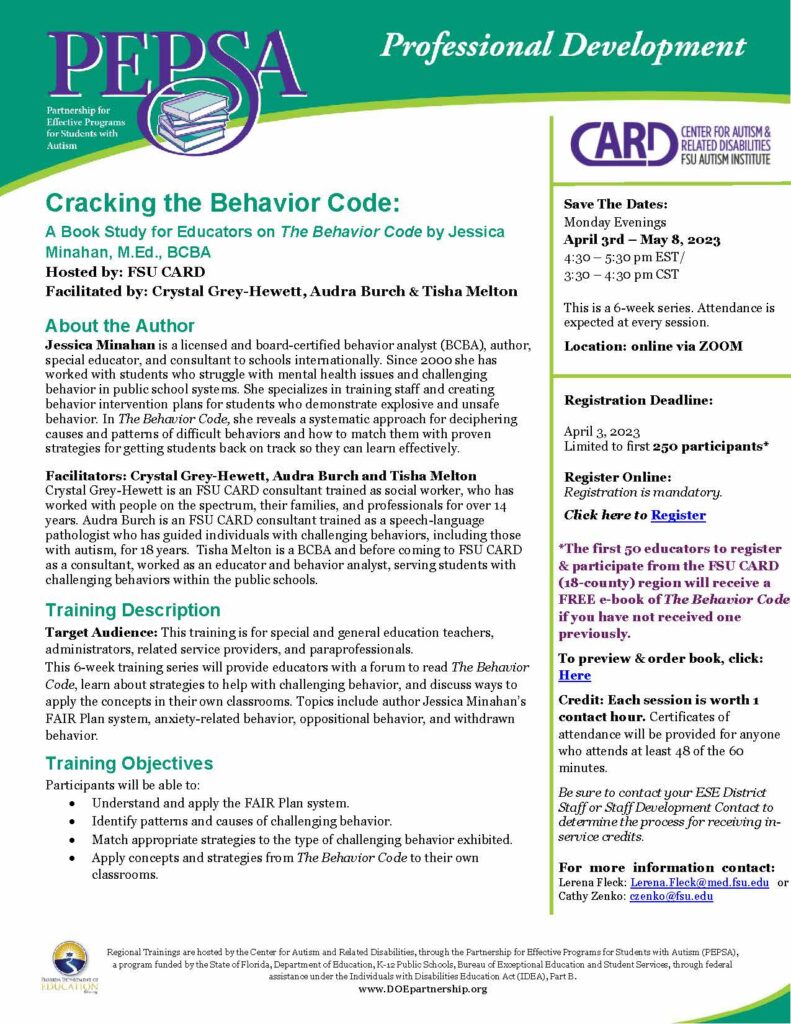
The Behavior Code Book Study
Please join us for an in-depth look at Jessica Minahan’s book The Behavior Code, starting MONDAY, April 3, 2023.
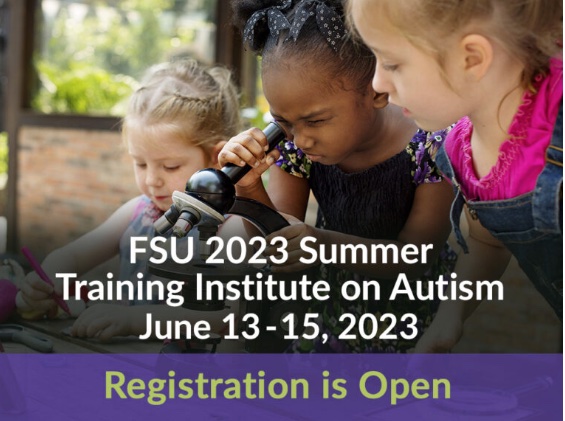
2023 Summer Training Institute on Autism

Resume and Employment Guide for People With Disabilities
This article from Resume Builder offers helpful tips to people with disabilities who are currently seeking employment.

Communication Corner
By: Audra Burch
What Do I Say? Autism Language and Labels
With April being Autism Acceptance Month, it’s important to consider the best language to use when speaking and interacting with an autistic person.
example, instead of saying an autistic student, person-first language would say a student with autism. Identity-first language leads with a person’s diagnosis, such as being a “disabled person”.
whole, autistic adults prefer identity-first language terms (“autistic person”) to refer to
themselves or others with autism, yet professionals who work in the autism community are more likely to support and use person-first language (“person with autism”).
identity-first language, the phrase that seems the least objectionable to each side is “a
person on the spectrum.”
decide how they’re described. It’s best to ask each individual which language they prefer.
https://www.autismparentingmagazine.com/autism-language-person-first/. Accessed 29
Mar. 2023.
“Ask a Self-Advocate: The Pros and Cons of Person-First and Identity-First Language.”
Massachusetts Advocates for Children, 23 Apr. 2023, massadvocates.org/news/ask-a-self-
advocate-the-pros-and-cons-of-person-first-and-identity-first-language. Accessed 29 Mar.
2023
“What Label Do People on the Autism Spectrum Prefer?” All Psych, 2 Mar. 2020.
https://allpsych.com/what-label-do-people-on-the-autism-spectrum-prefer/. Accessed 29
Mar. 2023.
Spring Cleaning Strategies

- Pick up 5-10 things per day in your room and put them where they belong. It will reinforce a routine and not feel overwhelming.
- Use the “Match It” strategy. Take a photo of a clean and organized environment and tell the person to make the room match the photo.
- Use a printed room-by-room checklist that tells the person exactly what they are expected to do.
- Use the time to focus on heavy work exercises, such as pushing a vacuum cleaner and dragging a laundry basket.
- Label certain spaces by their function. You can find very cute signs or make your own as an activity.
Brad Burnette Tribute
By: Debi Cassidy

On February 28, 2023, the regional autism community lost one of its most ardent advocates. Brad Burnette was the president of Autism Spectrum of the Emerald Coast, and was one of the founders of the EMERGE group for young adults on the autism spectrum.
He is survived by his wife and five children, as well as various family members, friends, and the autism community at large. Although we will miss him, we at FSU CARD feel confident that the good work that he began will continue and flourish for years to come.
If you would like to support Brad’s family, a GoFundMe link is below.

What You Need to Know About Sensory Food Issues
By: Regina Parsons-Allen
How do I Request Assistance from FSU CARD?
Visit the FAQs Section on our website or
click on the buttons below.
